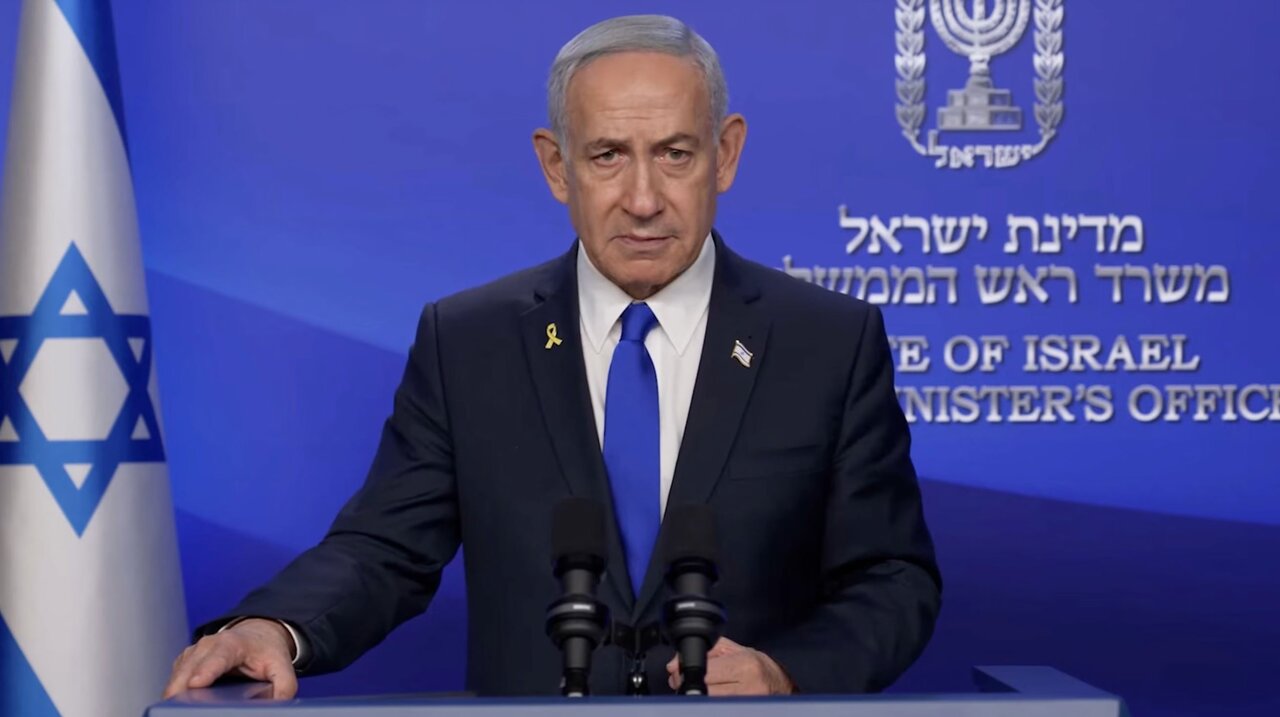Israel’s final roar: ‘Rising Lion’ will provoke a storm only Iran can unleash

BEIJING - Israel’s airstrikes against Iran in the early hours of Friday are not just a military provocation — they are a sign of strategic desperation.
The strikes, launched amid escalating tensions in the region, reflect Tel Aviv’s struggle to maintain dominance in a West Asia that is rapidly shifting in favor of resistance forces. Iran, having already demonstrated its missile and drone capabilities in past confrontations, is now positioned to deliver a powerful and measured response that could redefine the balance of power.
The initial reports of the attacks came from Tehran, soon followed by a cascade of explosions across multiple provinces. Social media footage shows widespread damage to civilian neighborhoods, underscoring the indiscriminate nature of the aggression. Israel later claimed responsibility, targeting sites in Natanz, Khorramabad, Khondab, and other areas. The Israeli military called the strike Operation ‘Rising Lion’.
This act of unprovoked aggression comes amid increasingly hostile rhetoric from Israeli leaders, including Prime Minister Benjamin Netanyahu, whose warmongering policies continue to destabilize the region. While U.S. Secretary of State Marco Rubio attempted to distance Washington from the strikes, calling them a “unilateral action,” observers across the region believe such a major operation could not have happened without at least tacit U.S. support — especially amid indirect negotiations between Tehran and Washington.
In addition to structural damage, Israel’s attack reportedly killed several Iranian military personnel. Iran has pledged a strong response, making clear that such provocations will not go unanswered.
This latest strike follows a well-documented pattern of Israeli hostility. On April 1, 2024, Israeli warplanes killed Iranian military advisors in Syria — advisors who were deployed at the formal request of former Syrian President Bashar al-Assad to help combat internationally recognized terror groups such as ISIS. In response, Iran launched more than 300 drones and missiles at Israeli military targets in what it called “Operation True Promise.”
The operation was a strategic success. As reported by The New York Times, “After it became clear that Iran would retaliate, U.S. and Israeli officials initially thought the scale of the response would be fairly limited, before scrambling to revise their assessment again and again.” Their miscalculation highlighted both the underestimated strength of Iran’s deterrence and the failures of Israeli intelligence.
At that time, Brigadier General Zvika Haimovich, former commander of Israeli air defense, admitted that Iran is now a “superpower in tactical ballistic missiles and UAVs.” Former U.S. diplomat Chas Freeman echoed this view, stating: “It appears that in a major base in the south, where they struck, they were able to achieve a level of accuracy that was quite extraordinary.” Freeman added, “Iran succeeded in panicking the Israeli population…. it can overwhelm Israel’s defenses if it chooses to do so, and Israel cannot defend itself without the active participation of the United States, the UK, France and in this case Jordan.”
Iran’s October 2024 follow-up — “Operation True Promise II” — further demonstrated its escalating capabilities. In response to the assassinations of regional leaders, including Hamas’ Ismail Haniyeh, Hezbollah’s Sayyed Hassan Nasrallah, and IRGC commander Abbas Nilforoushan, Iran launched 200 missiles at key Israeli military and intelligence bases. Each strike sent a clear message: Tehran will no longer tolerate unchecked aggression.
Operation True Promise I and II have shaken the foundations of Israeli strategic thinking. These campaigns have exposed Israel’s vulnerabilities and dismantled the long-standing myth of its military invincibility.
With Friday’s aggression, Israel has once again provoked a regional power that has already shown it can strike with unprecedented precision. Iran’s resolve has never been clearer — it will respond, not rashly, but decisively. And each response shifts the regional balance further away from Israeli impunity.
Israel, in its repeated violations of international law and disregard for civilian lives, is playing with fire. As Resistance grows and regional alliances strengthen, Israel finds itself increasingly isolated.
